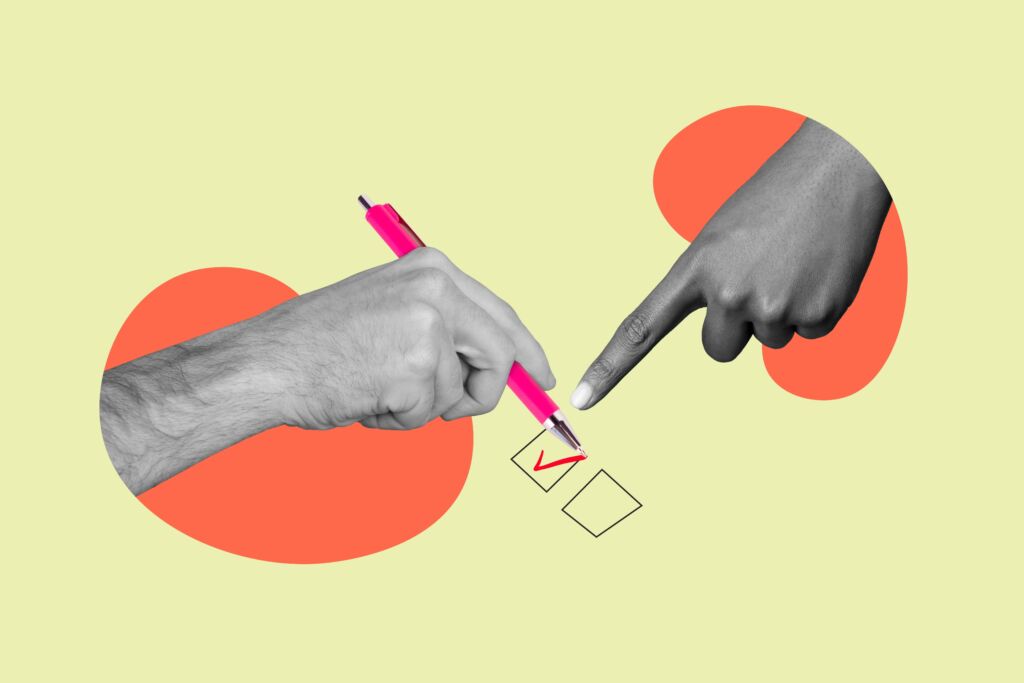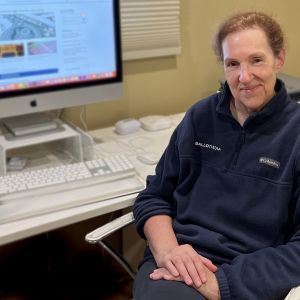The Pathfinder: Getting to Work

In answer to your question: Yes, American politics has never been like this before. Never have we seen one major party’s candidate withdraw on the eve of its national convention while the other major party nominee is wounded in an assassination attempt.
The only response to these extraordinary times is to unequivocally reject hyperbole, rancor, and violence, and to demand that those who seek public office do the same. Not just for a day or a news cycle. But permanently – starting right now, with the elections underway for offices at all levels of government.
That seems like an impossible thing to ask. After all, politics has always been a rough business. Our political history is littered with examples of very tough, even reprehensible, rhetoric. We’ve had plenty of violence, too.
Our nation has managed to overcome these failings, and maintain its progress toward a more just, humane, and inclusive democracy.
It has taken time, effort, and leadership – not from the press, academia, or elected officials, but from the general public. This time is no different. The first step is the easiest. We need to step away from our screens, take a very deep breath, and slowly exhale.
Then, we need to get to work.
And by “work,” I mean taking concrete steps to become informed, thoughtful, active participants in our civic life. That sounds relatively easy. After all, the internet is full of news sites (both legacy media and digital natives) ready to confirm our biases and play on our fears. That’s not a recipe for becoming an engaged and thoughtful voter.
Instead, we need to educate ourselves on all the candidates running for office where we live. That means finding out who these people are – which can be a surprisingly difficult thing for the average voter to do.
Sample ballot lookup tools are an easy solution. These tools show you the candidates and issues that will be on your ballot. The best lookup tools also provide you with specific information about each candidate or ballot measure – with links to candidate websites, any surveys they responded to (like this Candidate Connection survey), and campaign finance information.
Those are our primary ingredients for becoming an informed voter. They will help us learn about the issues candidates are running on, and the policies they advocate. More importantly, a sample ballot allows us to conduct our research at our own pace, without the pressure from campaigns or anyone else to make snap decisions.
But a healthy democracy needs more than just a voter who casts a confident, informed ballot on election day. It’s essential that we keep working in between elections to deepen our understanding and appreciation for the many processes that are essential for making our democracy work.
This work is more nuanced and complex. Yes, voting is one of the bedrock democratic processes. But we vote in different ways for different offices, at different times. For example, some states use open primaries in which all candidates for an office, regardless of party, run in a single primary. Some states use ranked-choice voting to select the winners of an election. Other states stick with closed, partisan primaries and first-past-the-post general elections.
Ballotpedia has assembled a comprehensive list of election policy terms that connect to detailed descriptions of what each term means and how (and where) it is used in elections.
It’s a very long list – and it’s constantly changing. That’s because every year, state legislatures – which have the primary responsibility for establishing election procedures – introduce thousands of pieces of legislation affecting how, where, and in what manner we vote.
Our education doesn’t end there. We can explore the role of state and federal courts in the democratic process, or how the administrative state shapes the rules and regulations that touch almost every aspect of our lives.
There are any number of avenues we can explore and each one has its own rewards. One of the most important is the confidence such study gives us in how dynamic and robust our democracy is.
Or at least as it can be – if we dedicate ourselves to doing one more thing: translating our learning into action, and building a strong, vibrant, thoughtful civic life.
Getting involved can take any number of forms – from helping register voters, to working on a campaign, or becoming an election official…or even a candidate, particularly for local office where the need for engaged and active citizens has never been greater.
It can also mean attending a school board or city council meeting. You don’t have to speak, of course. But being there, observing the process, learning from it, and encouraging others to participate, is an essential to a healthy democracy.
We cannot allow extraordinary events, heated rhetoric, or overt partisanship dictate our role in public life. We must reject anything that would reduce our capacity to participate, decide, and direct our democracy.
Engaged, educated, and confident voters can do that – and so much more. Now is the time to become one of those voters — and Ballotpedia is ready to help on that journey.
The Pathfinder is a monthly column written by Leslie Graves, founder of Ballotpedia, for Preserving Democracy. Exploring topics vital to our understanding of American civics and Democracy, The Pathfinder attempts to cut through the noise of political journalism while exploring issues of vital importance to the American voter.





